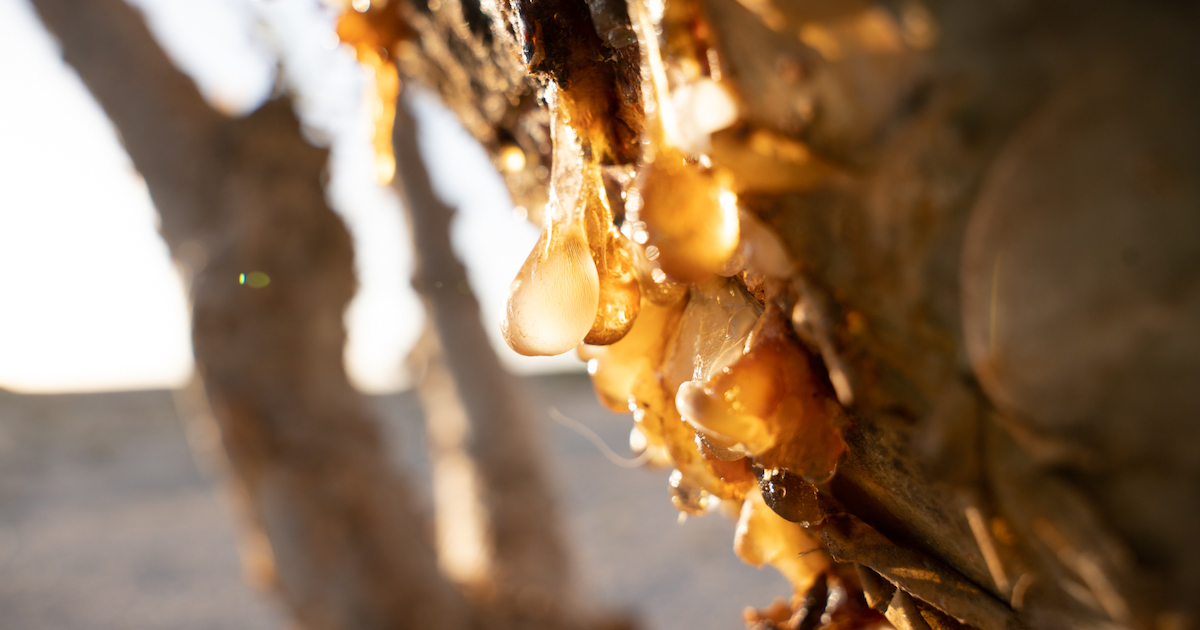Cette publication est également disponible en :
Français
Natural perfumes: everyone talks about them, but nobody really knows what they are made of. Nez offers you a special report that gives the floor to the perfumers who compose them. We interviewed eight of these professionals so we could get a real sense of their practices, their experiences and their opinions on the question of natural fragrances.
For thousands of years, perfumes were 100% natural. Whether they came from plants or animals, the issue of their harmlessness to the skin or impact on the environment was not a matter of contention. Then, with the rise of chemistry, synthetic aromatic molecules appeared in the mid-19th century, profoundly changing olfactory creation and giving birth to a brand-new art of perfumery. Fear of chemistry combined with a relative lack of communication by the sector has, over the decades, created a distrust of synthesis and reinforced the appeal of products that claim to be natural, seen as healthier and safer without anyone really knowing what they contain.
Over the last twenty years, perfume brands have therefore begun to offer formulas labelled 100% natural. But behind this claim lie realities that are often very different, corresponding to standards and labels that are difficult to understand. It represents a sales argument that now seems almost to have become obligatory, a guarantee of quality and safety, implying that the opposite would constitute a potential danger. Sometimes the stated (approximate) percentage of natural ingredients does not correspond to anything particularly useful and is only there to be noticed.
Whether or not you are a fan of this trend, it is time to ask some important questions: what exactly is in these bottles? How is a natural ingredient defined? Are certain synthetic molecules allowed? Are certain extracts from plant materials prohibited?
Is there a single rule, or are there as many different viewpoints and choices as there are perfumers working on the task?
To find out, we decided to go right to the source for our information – and who better to ask than perfumers? The eight people we interviewed work on natural formulations, for themselves or for others, by choice, by necessity or because the opportunity presented itself. They tell us about the constraints and standards they, or the companies that employ them, impose on themselves, the difficulties they encounter and, of course, their definition of a natural perfume and their feelings on the issue. Between genuine commitment, technical know-how and changing fashions, where is natural perfumery today?
Natural perfumers – Summary
- Introduction, by Jeanne Doré
- Hiram Green: “If people want to buy my perfumes, it should be because they like their smell“
- Caroline Dumur: “Without synthetics, you have to learn to formulate differently”
- Delphine Thierry: “To formulate 100% natural perfumes, I set aside almost everything I’ve learned so far”
- Isabelle Doyen and Camille Goutal: “For us, 100% natural is a perfumer’s challenge rather than a marketing position.”
- Serge de Oliveira: “Most clients want natural perfumes that are just like conventional fragrances”
- Irène Farmachidi: “In 100% natural perfumery, we formulate by using paraphrases, it’s like a game”
- Mandy Aftel: “Mixing a bunch of natural ingredients in a bottle does not produce a perfume”
- Our selection of natural perfumes
- The many facets of natural perfumery
- Natural perfumes: conclusion and a few thoughts








Comments